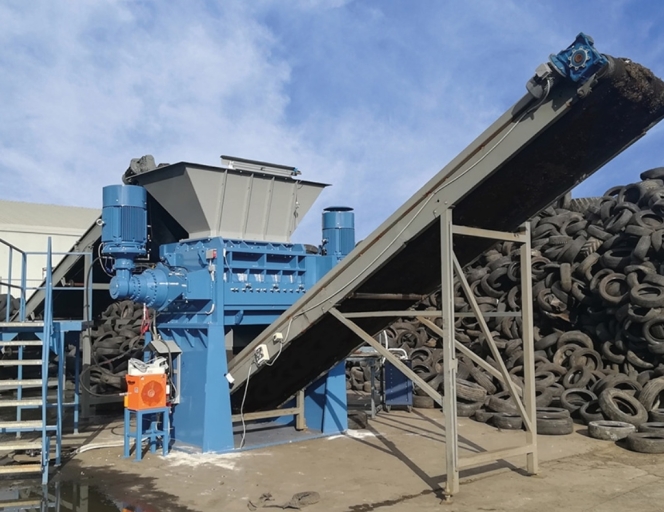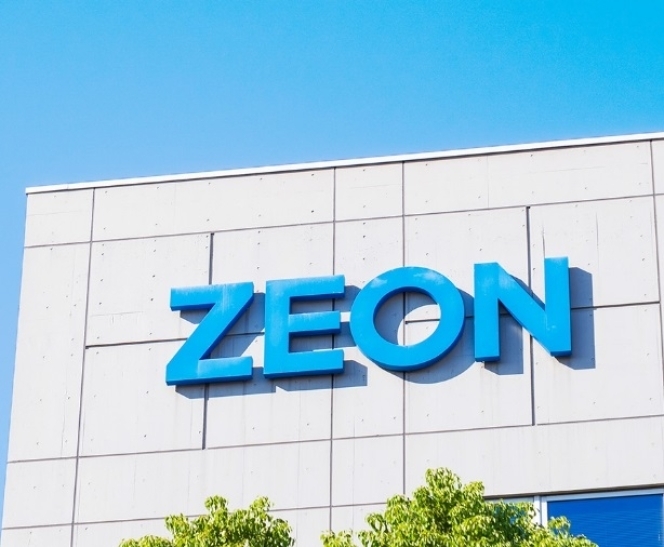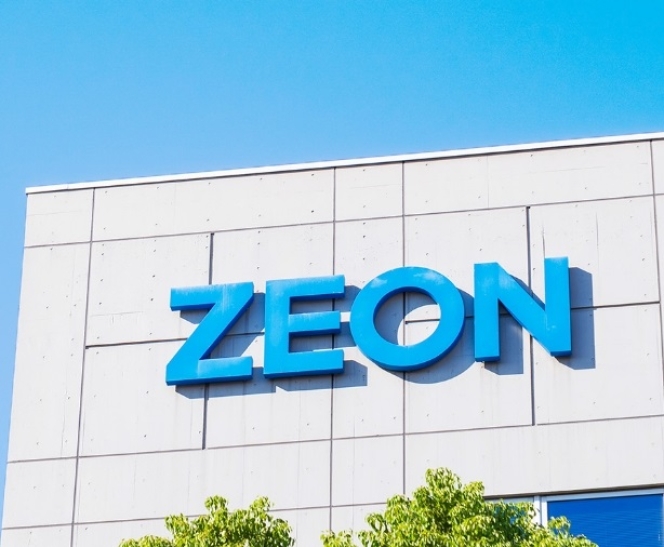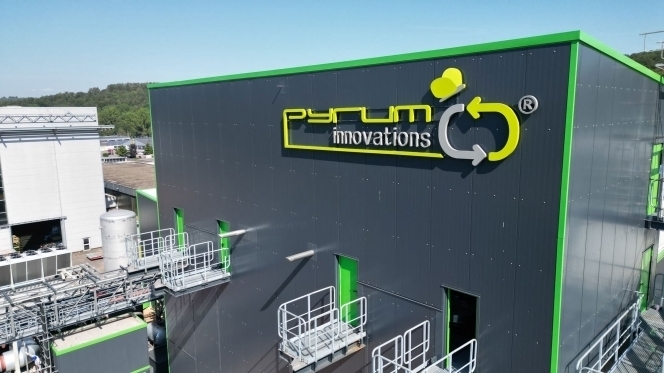USTMA Finds 79% Of End Of Life Tyres Now Being Consumed By End-Use Markets
- By TT News
- October 29, 2024

The U.S. Tire Manufacturers Association (USTMA) has released its 16th End-of-Life Tire Management Report, revealing positive momentum in tyre recycling with 79 percent of end-of-life tyres being consumed by end-use markets.
This reflects a 10.5 percent increase in overall utilisation, reinforcing that end-of-life tyres remain one of the most recycled and reclaimed consumer products, outpacing materials like metal, glass, aluminium, plastic, and paper.
While this progress is encouraging, USTMA emphasises that collaborative efforts across the tyre recycling value chain must continue to fully eliminate illegal and abandoned tyre stockpiles and create sustainable, circular markets for end-of-life tyres (ELT).
Anne Forristall Luke, President and CEO, USTMA, said, “This over 95 percent reduction in stockpiles is the result of decades of progress developing the tyre recycling industry, remediating stockpile sites, and driving innovation.”
“USTMA’s primary goal is to recycle 100 percent of end-of-life tyres into circular, sustainable markets. However, significant work remains, and to achieve full circularity, we must continue to collaborate with manufacturers, recyclers, policymakers, NGOs, and environmental groups to develop and expand the markets for tyre recycling and reclaiming.”
It is interesting to note that that ground rubber has become the second largest market for end-of-life tyres, increasing 29 percent since 2019 and consuming about 28 percent of end-of-life tyres in 2023. Ground rubber is used in a range of applications, including rubberised asphalt for roads, reflecting the growing demand for sustainable materials in infrastructure and everyday products.
Rubber Modified Asphalt (RMA), a key use of ground rubber, is showing significant growth as a cost-effective, durable solution for U.S. infrastructure. Since 2021, RMA has consumed 165,000 tonnes of ELTs, representing a 17 percent increase.
USTMA states it continues to advocate for federal funding to further scale RMA as part of infrastructure development projects, ensuring long-term benefits, performance, environmental impacts, and to advance tyre circularity.
But in contrast, despite the significant achievements made, approximately 48 million end-of-life tyres still remain in stockpiles. USTMA is engaging all stakeholders in the value chain to drive sustainable practices and eliminate these stockpiles. The Tire Recycling Foundation (TRF), a joint initiative of USTMA and the Tire Industry Association, aims to provide critical support by educating, networking, and collaborating with key players in the recycling ecosystem.
“We’ve made considerable progress, but we’re not done yet,” added Luke. “The industry, policymakers, and recyclers must continue to push forward, advocate for market expansion, and invest in sustainable recycling technologies that can help drive a future where 100 percent of tyres are recycled and reclaimed into sustainable, circular end-use markets.”
Future focus areas
In light of the findings from the report, USTMA and its partners state that they will continue to focus on four key growth areas:
Driving Market Growth Through Research and Data
Building on the 2021 Rubber Modified Asphalt State of Knowledge Report, USTMA will release a Tire Derived Aggregate (TDA) State of Knowledge Report later this year, offering data-driven insights to support market growth and innovation.
Collaborative Engagement Across the Value Chain
USTMA will continue to strengthen partnerships and collaboration among all stakeholders—manufacturers, recyclers, government agencies, and environmental groups—through initiatives like the Tire Recycling Conference and a series of Rubber Modified Asphalt (RMA) workshops, fostering knowledge sharing and advancing tyre recycling solutions across industries.
Leveraging Federal Infrastructure Funding for ELT Markets
USTMA aims to maximise opportunities from the Bipartisan Infrastructure Law (BIL) to scale TDA and RMA markets, reinforcing the critical role of end-use tyres in sustainable U.S. infrastructure.
Supporting Strong State ELT Management Programs
USTMA continues to advocate for robust state programs that effectively manage end-of-life tyres and support sustainable recycling practices, driving innovation and addressing tire stockpile reduction.
Representational image courtesy: Eldan Recycling
Zeon And Visolis Sign Binding Term Sheet To Advance Bio-Isoprene And SAF Commercialisation
- By TT News
- February 16, 2026

Zeon Corporation and Visolis Inc. have formalised their partnership by signing a binding term sheet, marking a pivotal advancement in the commercialisation of bio-based isoprene monomer and sustainable aviation fuel (SAF).
This collaboration, which now moves from technology verification towards project implementation, is built upon the progress made since their initial memorandum of understanding in March 2024 and the subsequent joint feasibility study announced in April 2025. Bio-based isoprene monomer serves as an essential component in the production of synthetic rubbers and various other materials, while SAF is increasingly recognised as a critical next-generation fuel for reducing carbon emissions within the aviation industry.
The newly established term sheet outlines a foundational agreement on the key elements required for a final investment decision. These include defining the business structure and the respective roles of each company, establishing technology and development strategies and advancing detailed engineering for the proposed production facility. Furthermore, the agreement covers the evaluation of potential sites, the process for engaging with suppliers, securing necessary regulatory approvals and planning the financing pathway.
The envisioned facility is set to commence commercial-scale output after successfully demonstrating mass production capabilities for biomass-based isoprene and SAF, utilising Visolis’ proprietary technology. Both companies are now committed to expediting the path to full-scale production and ensuring a steady supply of these sustainable products to the global market.
Zeon Backs Chemify To Accelerate Digital Chemistry Innovation
- By TT News
- February 12, 2026

Zeon Corporation has deepened its commitment to digital chemistry through a strategic investment and partnership with Chemify Limited, secured via its corporate venture arm Zeon Ventures Inc. Chemify, a growth-stage UK enterprise, is reshaping molecular research by integrating digital tools with automated laboratory systems. Its proprietary Chemputation technology translates molecular targets into executable chemical code, which operates directly on robotic platforms to complete integrated Design–Make–Test–Analyze cycles without manual intervention. This closed-loop automation allows Chemify to explore previously inaccessible areas of chemical space while reducing the timeline from concept to synthesized compound by up to tenfold.
A cornerstone of Chemify’s capability is its recently inaugurated Chemifarm in Glasgow – one of the most sophisticated automated facilities in the world for molecular design and construction. The facility enables accelerated iteration and autonomous synthesis of novel small molecules, converting chemical code into tangible compounds with unprecedented efficiency. These advances are critical for developing functional, synthesisable molecules that can contribute solutions to urgent global issues spanning public health, energy efficiency and environmental protection.
Zeon has been at the forefront of adopting digital methodologies in chemical R&D, recognising their transformative potential from an early stage. This investment is positioned to strengthen Zeon’s internal digital chemistry efforts and catalyse the invention of novel materials capable of addressing complex societal needs. The move aligns with Zeon’s STAGE30 corporate strategy, which targets a rise in revenue contribution from four key growth sectors – Mobility, Healthcare and Life Sciences, Telecommunications and Green Transformation – to 48 percent by fiscal 2028. By backing pioneering enterprises and cultivating advanced materials, Zeon continues to advance its dual vision of a sustainable planet and a secure, progressive society.
- Rubber Board Of India
- Rubber Producers’ Societies
- Sulphur Dusting
- Powdery Mildew
- Rubber Plantations
- Rubber Board Subsidy
Rubber Board Announces Sulphur Dusting Subsidy For Rubber Producers
- By TT News
- February 09, 2026

The Rubber Board of India has announced the opening of an application window for financial aid for sulphur dusting to combat powdery mildew disease in rubber plantations for the year 2026. The scheme is open to all Rubber Producers’ Societies (RPS) operating in both traditional and non-traditional growing regions.
From 10 to 20 February 2026, eligible societies must submit their applications online through the 'ServicePlus' portal on the official Rubber Board website. Societies requiring help with the submission process are advised to contact their nearest Rubber Board regional office or field station, or to consult the board's website for further guidance.
French Recognition Of TPO Bolsters Pyrum's Circular Economy Model
- By TT News
- February 09, 2026

Pyrum Innovations AG has welcomed the official recognition by French authorities on 17 January 2026, which classifies tyre pyrolysis oil (TPO) as a legitimate raw material for the chemical sector. This pivotal regulatory milestone for pyrolysis oil derived from end-of-life tyres substantially enhances the product’s integration into established chemical value chains. It also provides greater predictability for future purchase and partnership frameworks, thereby accelerating the development of industrial material cycles.
For Pyrum, which processes scrap tyres through pyrolysis to recover pyrolysis oil, industrial carbon black and steel, this decision underscores the critical need for standardised and reliable regulatory conditions. Such clarity is fundamental for scaling investments, production volumes and supply chains, particularly as the chemical industry and circular economy converge. The establishment of clear product categories is essential to ramp up the market for high-quality recycled raw materials.
The company remains committed to tracking further developments in France and the wider European dialogue regarding the classification and application of recycled feedstocks. Pyrum’s overarching objective is to expand industrial-scale recycling solutions for scrap tyres. This regulatory progress directly supports the company’s mission to secure long-term, quality-assured supply agreements with partners across the chemical industry, thereby advancing a more sustainable and circular economic model.
Pascal Klein, CEO, Pyrum Innovations AG, said, “The decision in France is an important step for the industrial use of pyrolysis oil from waste tyres. It supports a trend that we are seeing in many markets, where the chemical industry is seeking reliable, technologically robust and clearly classified alternative raw materials.”







Comments (0)
ADD COMMENT